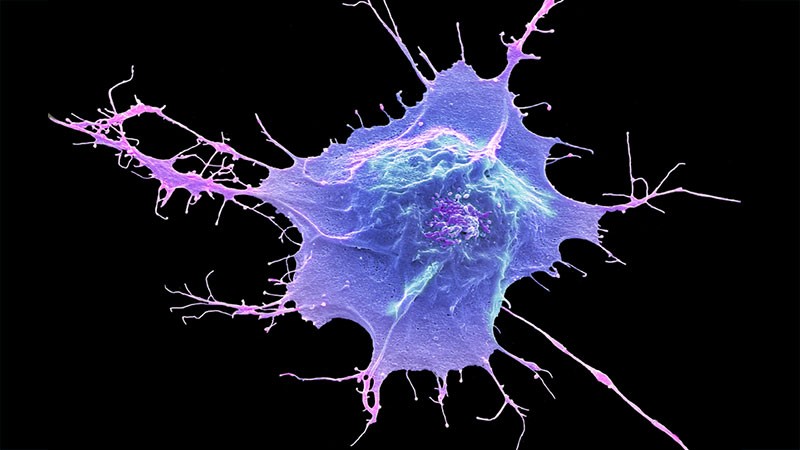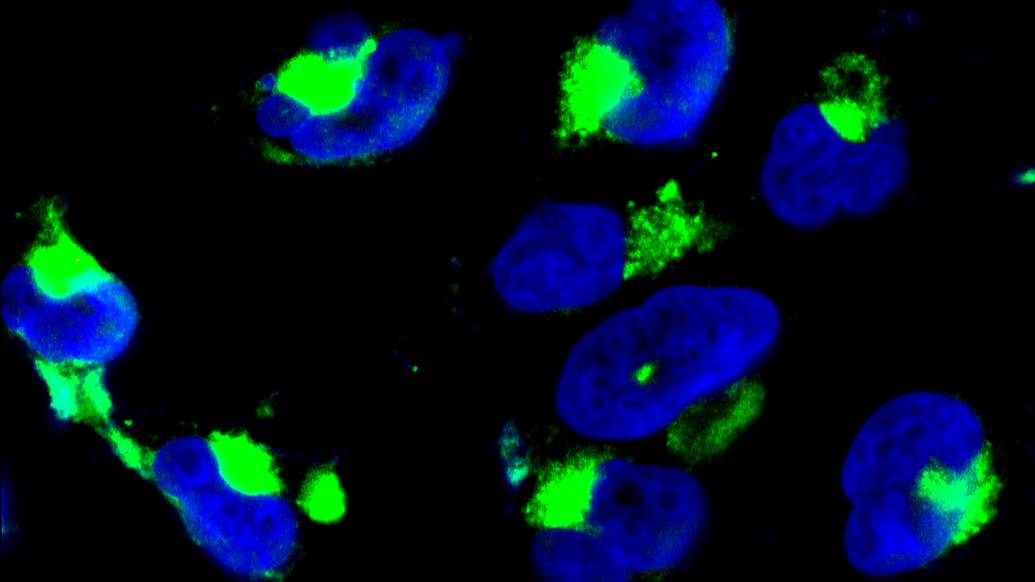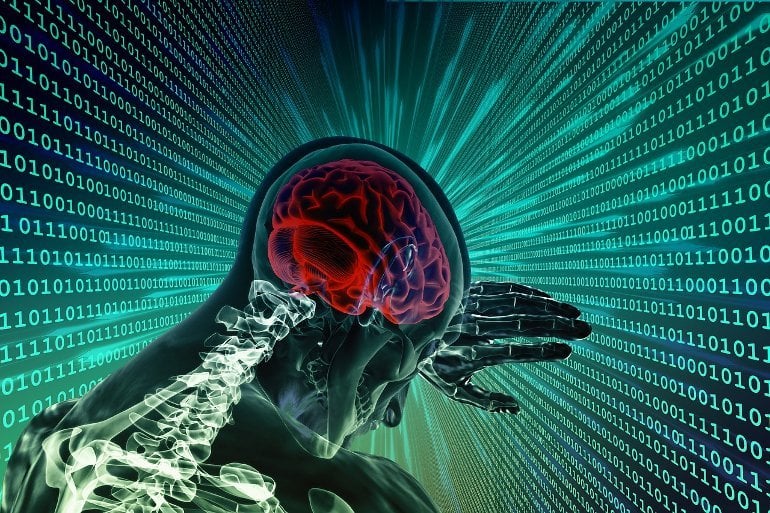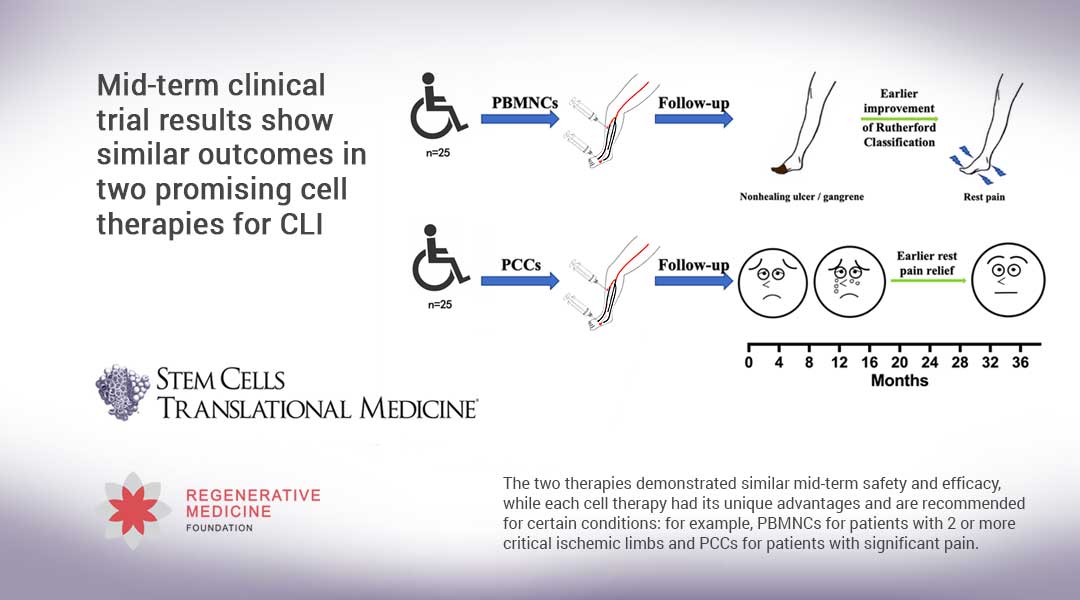The country has invested hundreds of millions of dollars into research on induced pluripotent stem cells to treat diseased organs.
by: Smriti Mallapaty – Nature
Some of the first trials to test whether reprogrammed stem cells can repair diseased organs have begun to report positive results. Research teams involved in the studies, all based in Japan, say they provide early hints that the hotly anticipated technology works. But many researchers outside the country are cautious about overstating the significance of the trials, saying they were small and the results have yet to be peer reviewed.
Induced pluripotent stem (iPS) cells are those that have been reprogrammed from mature cells — often taken from the skin — into an embryonic-like state. From there, they can then turn into any cell type and be used to repair damaged organs.
In January, researchers reported in a preprint1 that the first person in Japan given a transplant of heart-muscle cells made from reprogrammed stem cells had experienced improved heart function following the procedure. Then, in April, another group announced that several people’s vision had improved after their diseased corneas were transplanted with corneal cells made from reprogrammed stem cells — a world first.




